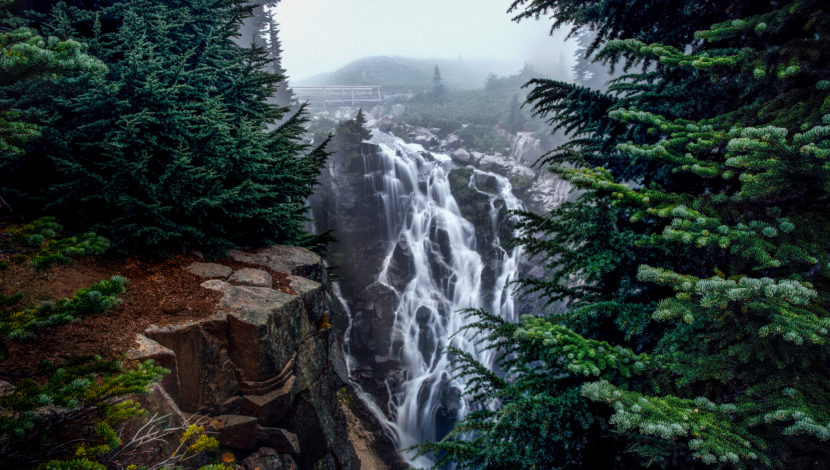The Unitarian Universalist Service Committee advances human rights through grassroots collaborations.
Climate Change in Washington State

Washington state lies in the northwestern corner of the mainland United States, sharing its western border with the Pacific Ocean and northern border with Canada. Climate change and rising temperatures are impacting snowpack and water supplies in the state. Many people depend on a snow-fed water supply for drinking water, and a reliable water supply is also important for businesses and industries that drive the economy, for rivers and streams that support salmon, and for hydropower. Climate change also poses particular challenges for fishing and farming in the state.
The federally-recognized Quinault Indian Tribe resides on the Pacific coast of the Olympic Peninsula, west of Seattle. The Quinault Indian Reservation is the largest coastal Indian reservation in the United States. It includes 23 miles of coastline facing rising sea levels, flooding, and erosion. The Quinaults are faced with the dual threat of sea level rise and destruction of their villages by a tsunami triggered by the Cascadia Subduction Zone off the Washington Coast, which is expected to produce a tsunami similar to the 2005 Indonesia quake. The tsunami could flood the Village of Taholah with waters up to 50 feet deep. The large quakes happen, on average, every 300 to 500 years. It has been 318 years since the previous large quake.
Almost half of the village of Taholah, located where the Quinault River meets the Pacific Ocean, relies on salmon fishing for its livelihood. Salmon stock have been adversely impacted by sea level rise, ocean acidification, and warmer ocean waters resulting from climate change, as well as the loss of glaciers feeding the Quinault River. The loss of glaciers reduces the summer and early autumn river flow and raises the water temperatures, adversely affecting salmon runs. Sea level rise is expected to increase by approximately one foot by 2100. A relocation plan is underway for approximately 650 residents and community facilities to move to higher ground about a half-mile away above flood and tsunami zones. Two representatives of the Quinault Indian Nation will be attending the convening. The Quinault are not the only Washington tribe moving to higher ground. The Shoalwater Bay, Quileute, Hoh River, and Makah Tribes have also started moving.